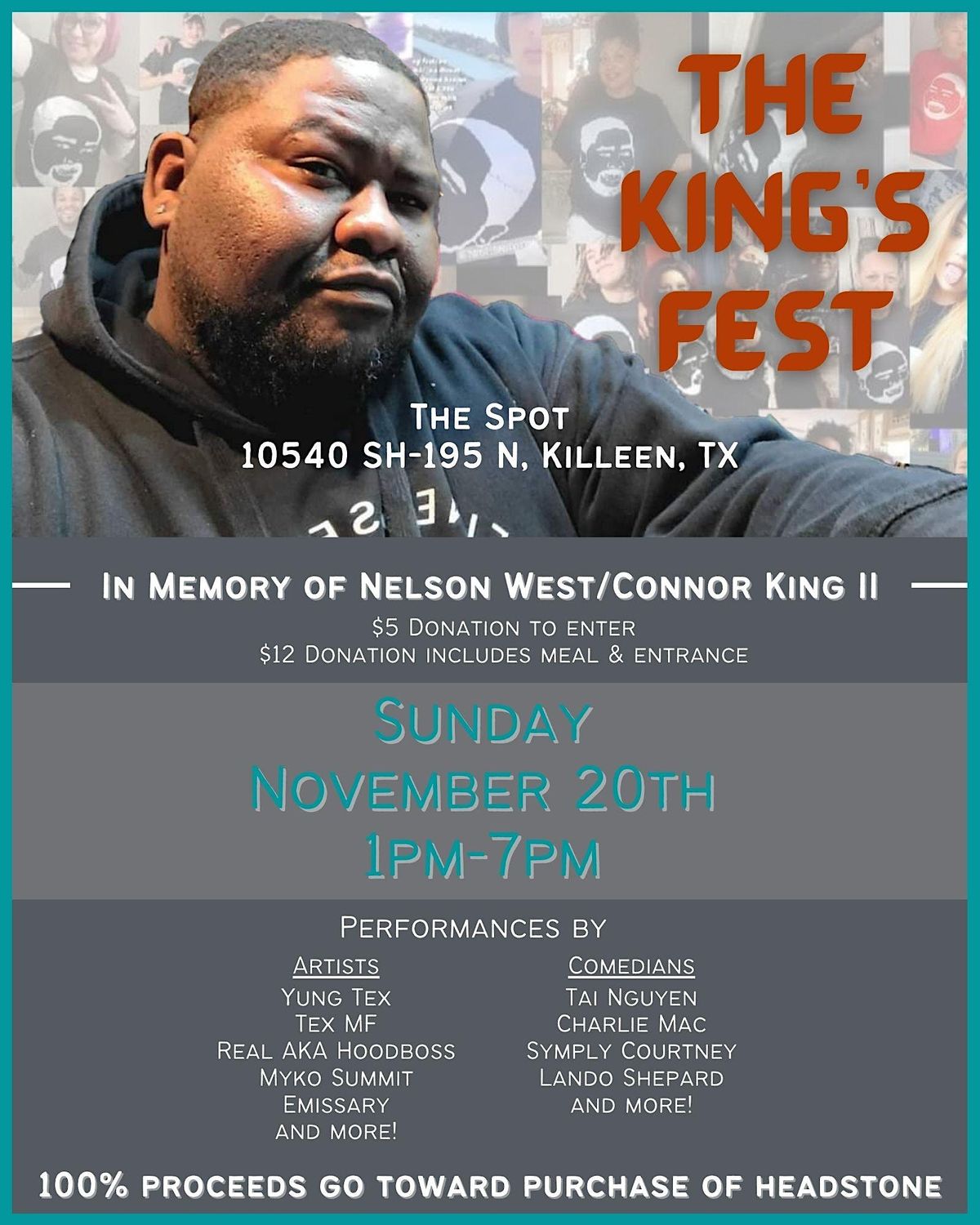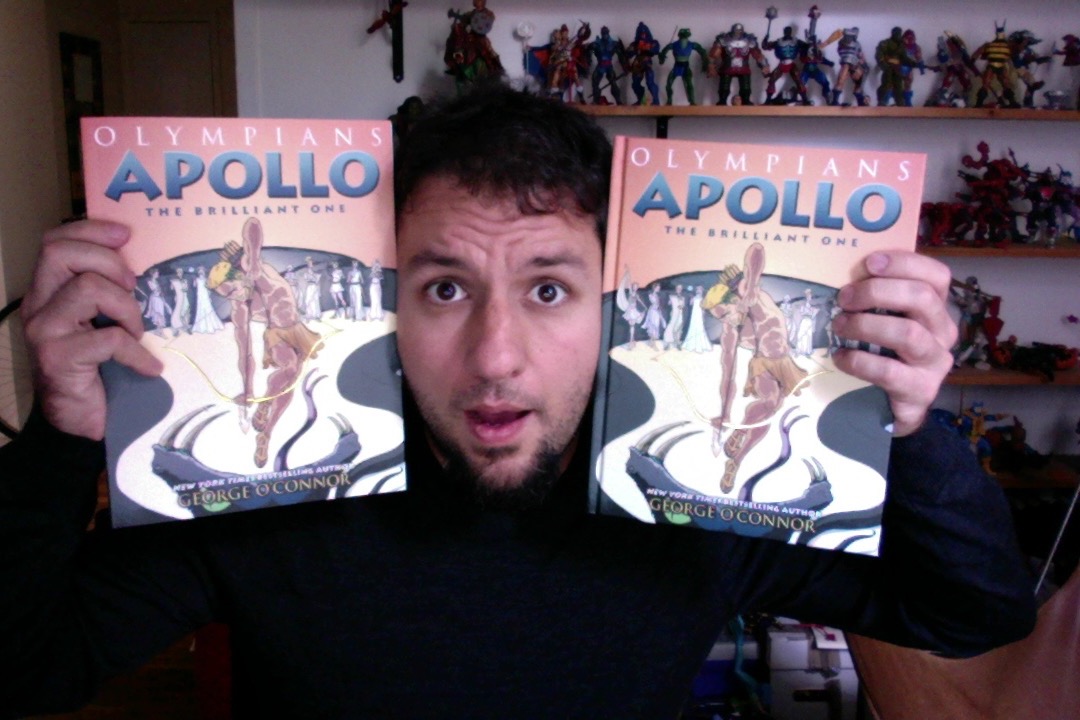

Those books that people are willing to donate, are typically those that ask for a single read-crime thrillers, romances, fantasy novels from the eighties. The one nearest my home was a converted frozen food shop, run by a cancer charity it was there that I bought my copy of Emma, and The Sun Also Rises.īut searching for the books you want, or need, in charity shops, has to be a regular job. By the time I was looking for new things to read, it was in little stores whose funds went to animal healthcare, or orphaned children, or the homeless. This was decided by two factors: a lack of money to pay full-price, and a lack of bookshops in or around my city. The latter, odd-smelling, quiet places usually run by the elderly, are where I have bought at least half of my books. Second-hand clothes are given to younger siblings-my old t-shirts went to my sister-or they are donated to charity shops. Second-hand is of course a euphemism for used, for old, pre-owned, hand-me-down it is a euphemism for poverty. It is a signifier of both a lack of money, and a failure of capitalism (an item passed down is a sale lost). The term ‘second-hand’ is buried beneath a history of classism.

#Second hand weird west connor author how to
It was through second-hand books that I learned how to read for myself. The combination of her enthusiasm, and Barker’s prose, still informs much of what I expect from reading today. I read Clive Barker who was, and continues to be, my mother’s favourite author. I read a biography of Genghis Khan and a handful of Edgar Allan Poe stories. This is as good a place as any to start reading with no expectation I read Dan Brown, Wilbur Smith, Philip Pullman, Robin Hobb, Umberto Eco. But with no real knowledge of any literary qualifications, each book I picked up was equal in its possibilities. When I first started to read, the choice I had was limited to my mother’s bookcase. FEATURE ESSAY // by Connor Harrison Second-Hand


 0 kommentar(er)
0 kommentar(er)
